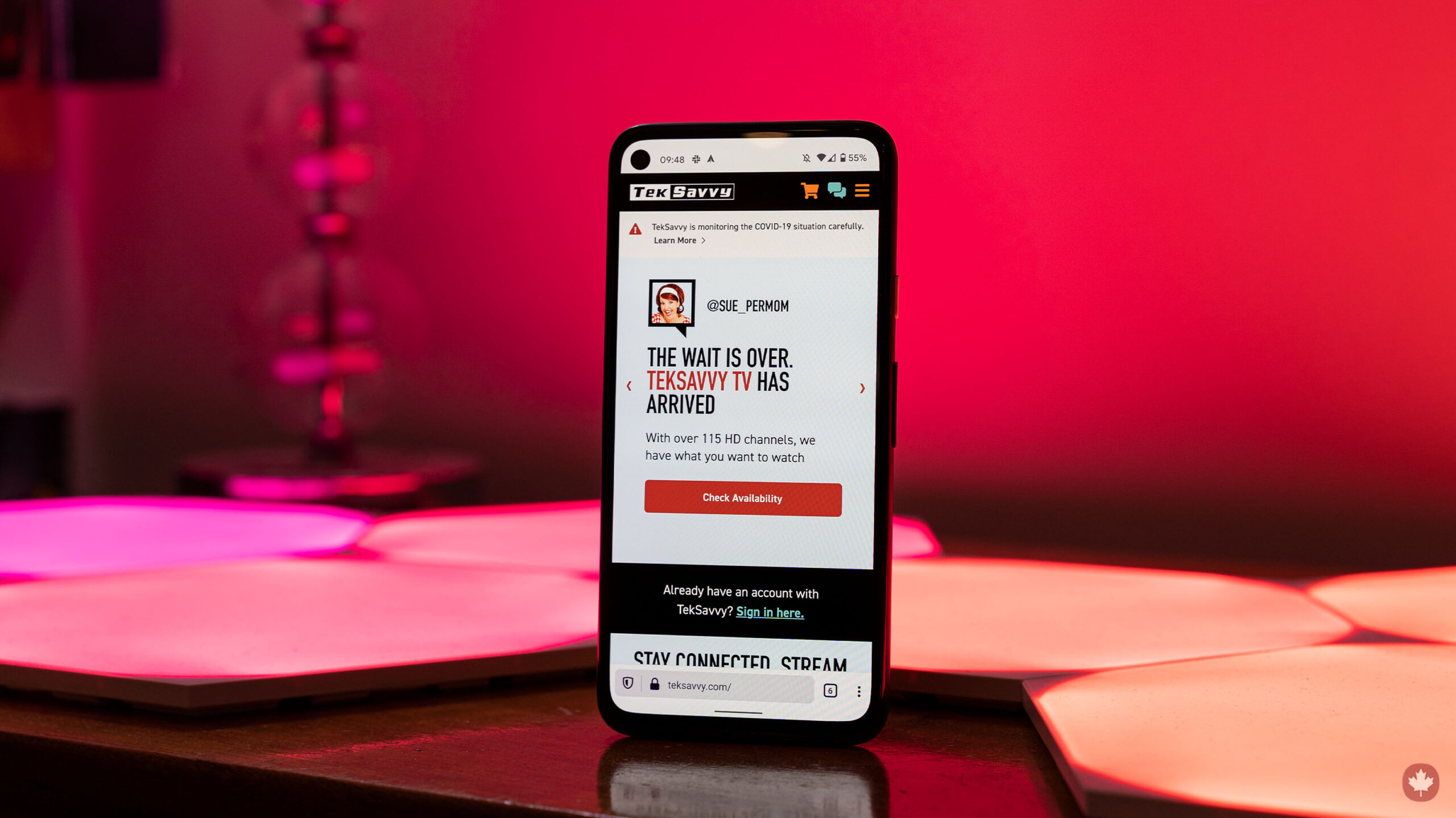
Chatham, Ontario-based independent internet service provider TekSavvy announced Tuesday evening that it plans to fight the recent CRTC wholesale rates decision.
The company filed a notice of motion with the Federal Court of Appeal indicating it planned to appeal the CRTC’s recent wholesale rates decision. TekSavvy said the court filing includes evidence the company recently shared as part of its petition filed with the Governor in Council over the CRTC decision, which accuses CRTC chairperson Ian Scott of bias.
“After years of litigation and delay, it is now clear that the solution to this fiasco rests with Cabinet. Cabinet must reinstate the CRTC’s pro-consumer 2019 Final Rates Order, which was based on years of process, mountains of evidence and withstood three challenges,” said Andy Kaplan-Myrth, TekSavvy’s VP of regulatory and carrier affairs, in an email release.
TekSavvy’s petition said that Scott held “numerous ex parte meetings with litigants with open CRTC filed, apparently unaccompanied, according to lobbying records.” That included at least 11 reportedly solo meetings with Bell, Rogers or Shaw, as well as a one-on-one social meeting with Bell CEO Mirko Bibic.
The petition seeks to have the Cabinet reinstate the CRTC’s 2019 wholesale rates decision. As a refresher, the CRTC set final wholesale rates in August 2019 based on evidence it gathered on costs to operate networks. The CRTC used the information to set wholesale rates that smaller ISPs like TekSavvy and Start.ca pay to incumbents like Rogers and Bell for access to their networks.
In the 2019 wholesale rates decision, the CRTC found that Bell and Rogers had inflated rates. TekSavvy accused the two companies of manipulating wholesale rates to raise prices for competitors like itself while also undercutting competitors to steal customers. The 2019 decision reduced wholesale rates and applied the new price retroactively, allowing smaller players to recoup the difference from the inflated rates.
The incumbents fought the ruling both in the courts and with the CRTC. Although the Federal Court of Appeal dismissed the incumbents’ appeal, both the federal government and the CRTC sided with big telecom. Specifically, the CRTC decided not to implement the 2019 wholesale rates and in its May 2021 decision, the CRTC said it came to doubt the correctness of its 2019 ruling during the review process.
TekSavvy’s petitions and now court filing accuse Scott of bias. Further, TekSavvy argued in the court filing that the CRTC “violated its right to procedural fairness and committed an error of law or jurisdiction when it scrapped its 2019 Final Rates Order by arbitrarily reverting to the much higher rates set in 2016 – the same rates the CRTC itself already determined to be grossly inflated.”
Finally, TekSavvy cited a 2017 Cabinet decision to terminate Commissioner Raj Shoan for “inappropriate contact with CRTC stakeholders” as evidence that both the Federal Court and Cabinet recognize the concern of bias in the CRTC.
MobileSyrup may earn a commission from purchases made via our links, which helps fund the journalism we provide free on our website. These links do not influence our editorial content. Support us here.


